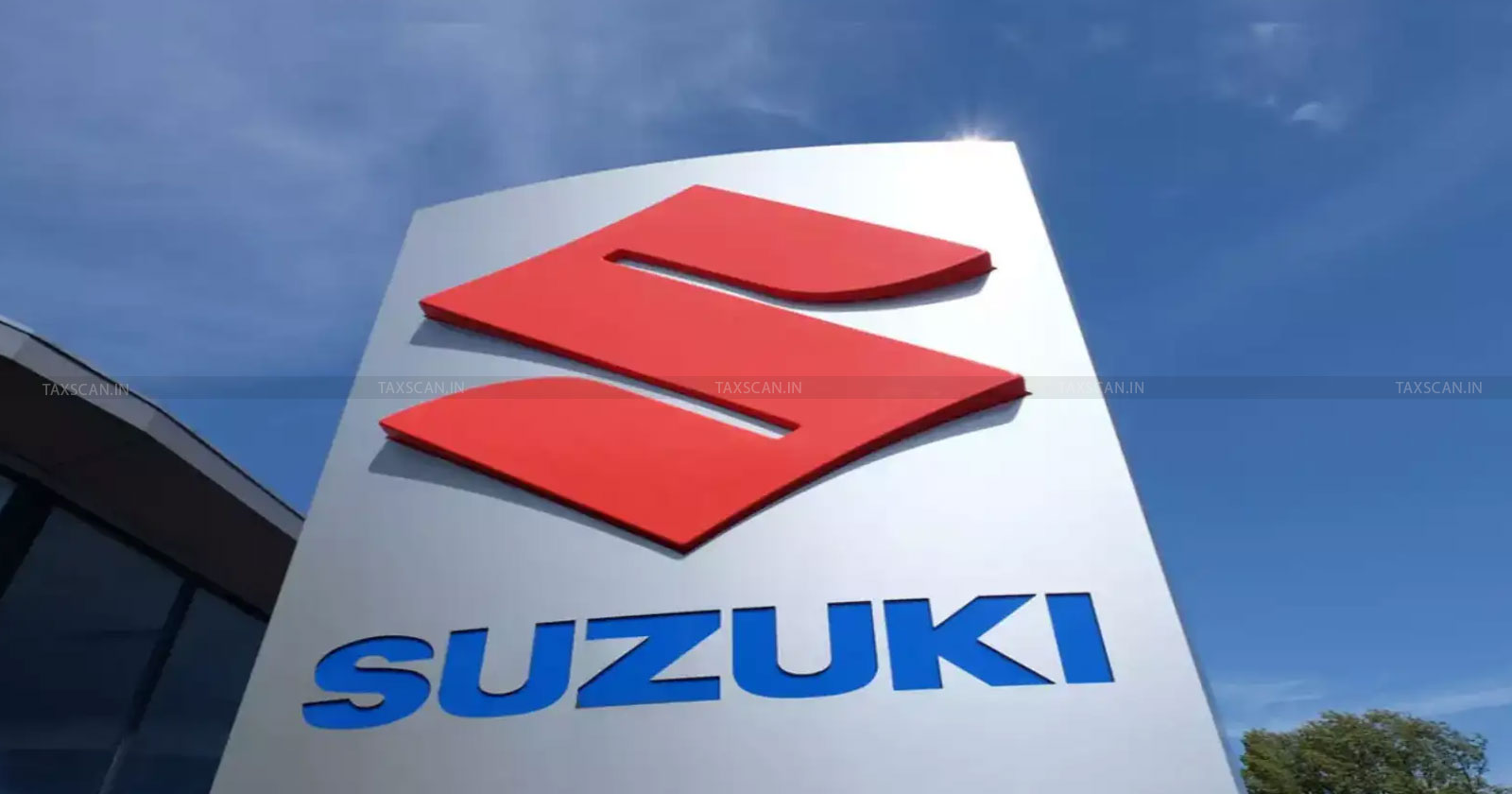Sugar Cess on Imported Raw Sugar is ‘Duty of Excise’, Not Fee: CESTAT rules Eligible for CENVAT Credit [Read Order]
CESTAT held that the sugar cess on imported raw sugar is a duty of excise and was eligible for CENVAT credit
![Sugar Cess on Imported Raw Sugar is ‘Duty of Excise’, Not Fee: CESTAT rules Eligible for CENVAT Credit [Read Order] Sugar Cess on Imported Raw Sugar is ‘Duty of Excise’, Not Fee: CESTAT rules Eligible for CENVAT Credit [Read Order]](https://images.taxscan.in/h-upload/2025/08/11/2075762-sugar-cess-sugar-cess-on-imported-raw-sugar-taxscan.webp)
The Chandigarh Bench of the Customs, Excise, and Service Tax Appellate Tribunal (CESTAT) ruled that sugar cess paid on imported raw sugar qualifies as a duty of excise and is eligible for CENVAT credit.
A B Sugar Ltd., the appellant, is engaged in manufacturing sugar. In February 2010, it imported raw sugar and paid sugar cess at the rate of Rs. 24 per quintal under Section 3(1) of the Sugar Cess Act, 1982. The company treated this cess as a duty of excise and availed CENVAT credit of Rs. 62,40,000 on it.
The department took the view that the sugar cess was not a duty of excise within the meaning of the CENVAT Credit Rules, 2004, and issued a show cause notice in May 2011 proposing to recover the credit amount with interest and penalty.
 Also Read:Relief for Indian Oil: CESTAT Holds No Service Tax Payable on Reimbursable Expenses Incurred for CISF Security Services [Read Order]
Also Read:Relief for Indian Oil: CESTAT Holds No Service Tax Payable on Reimbursable Expenses Incurred for CISF Security Services [Read Order]
Understanding Common Mode of Tax Evasion with Practical Scenarios, Click Here
The Commissioner of Central Excise confirmed the demand in June 2012, holding that the sugar cess was not eligible for credit. Aggrieved, the appellant approached the CESTAT.
The appellant’s counsel argued that sugar cess is collected as a duty of excise under the Sugar Cess Act and all provisions of the Central Excise Act apply to it. They argued that the cess paid as countervailing duty on imports is covered by Rule 3(1)(vii) of the CENVAT Credit Rules, 2004, and credit is admissible.
They relied on the Tribunal’s decision in Shree Renuka Sugars Ltd. v. CCE, Belgaum which was upheld by the Karnataka High Court and pointed out that although the Revenue’s appeal is pending before the Supreme Court, there is no stay on the High Court’s judgment. They also relied on the Supreme Court’s ruling in Barnagore Jute Factory Co. v. Inspector of Central Excise.
The revenue counsel argued that the Commissioner’s view was correct and pointed out that the Karnataka High Court decision was under challenge before the Supreme Court.
Understanding Common Mode of Tax Evasion with Practical Scenarios, Click Here
 Also Read:Relief for Suzuki: CESTAT Rules Excess Transit Insurance Charges Collected Excluded from Assessable Value, Not Liable to Excise Duty [Read Order]
Also Read:Relief for Suzuki: CESTAT Rules Excess Transit Insurance Charges Collected Excluded from Assessable Value, Not Liable to Excise Duty [Read Order]
The two-member bench comprising S.S. Garg (Judicial Member) and P. Anjani Kumar (Technical Member) observed that the Karnataka High Court in Shree Renuka Sugars had clearly held that sugar cess is a duty of excise levied at the stage of production and that the countervailing duty equivalent to sugar cess paid on imports is eligible for CENVAT credit. The tribunal explained that since the High Court’s judgment had not been stayed, it was binding on the tribunal.
The tribunal set aside the Commissioner’s order and allowed the appeal, holding that the appellant was entitled to CENVAT credit of sugar cess paid on imported raw sugar.
Support our journalism by subscribing to Taxscan premium. Follow us on Telegram for quick updates


